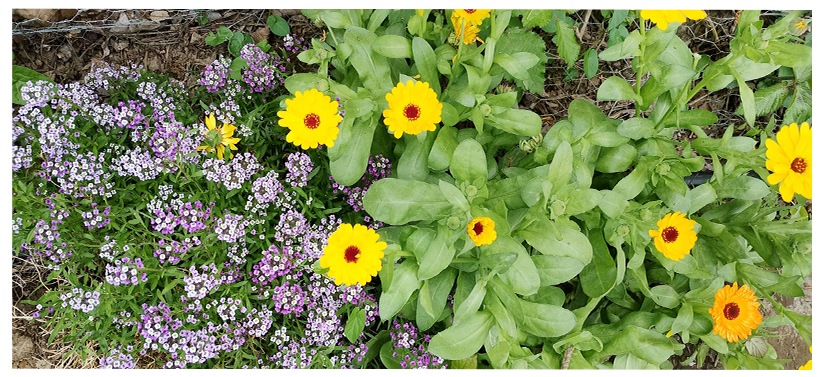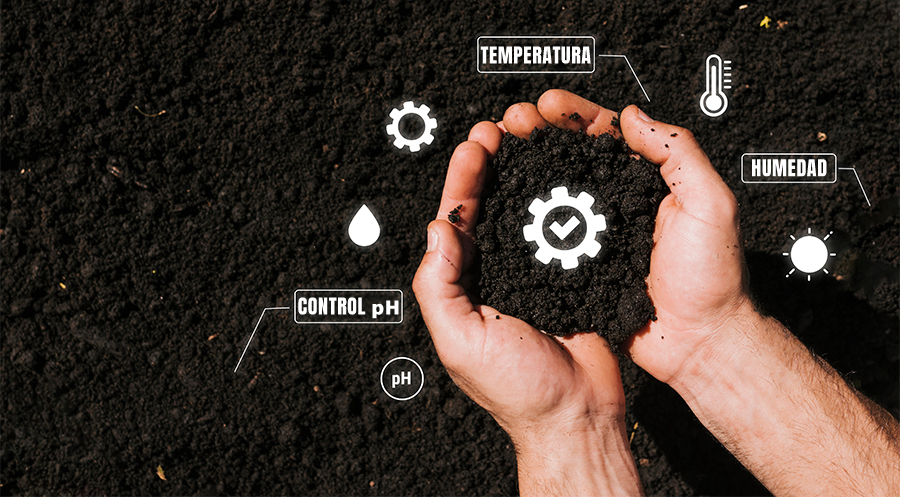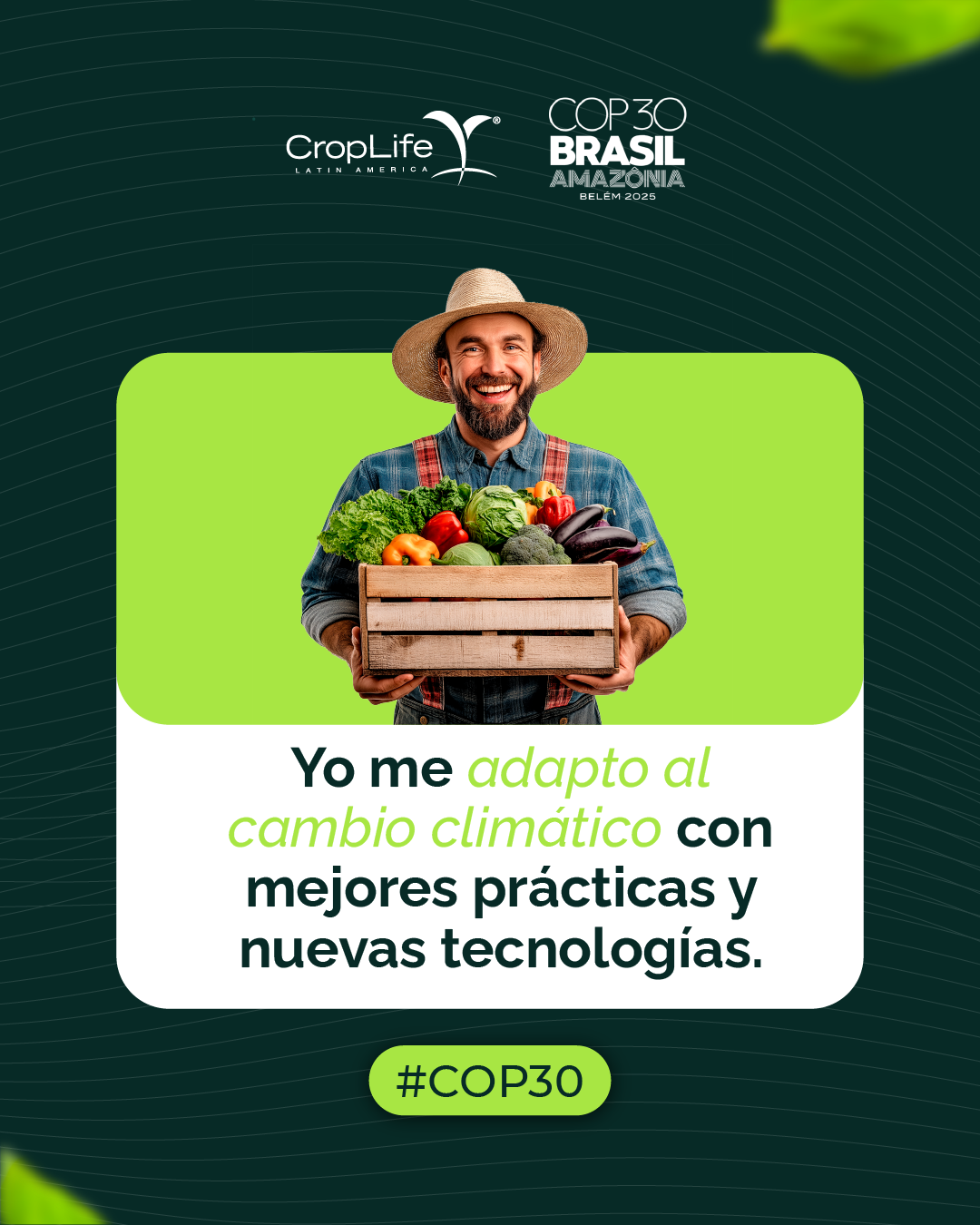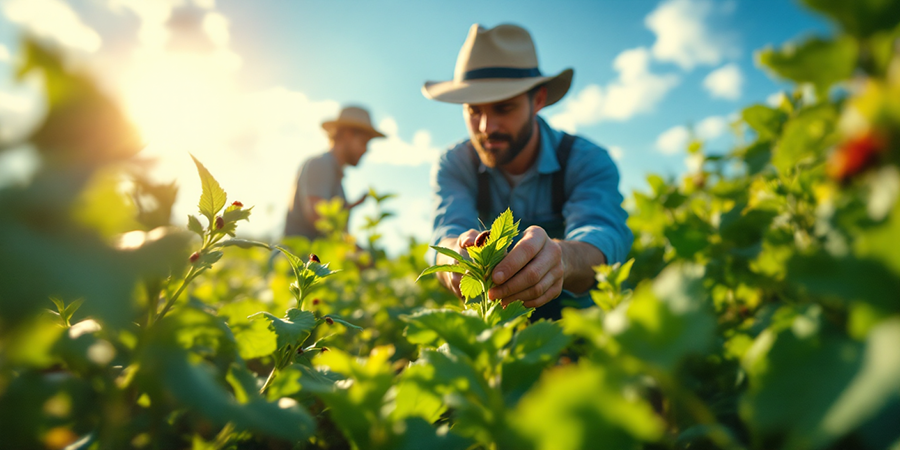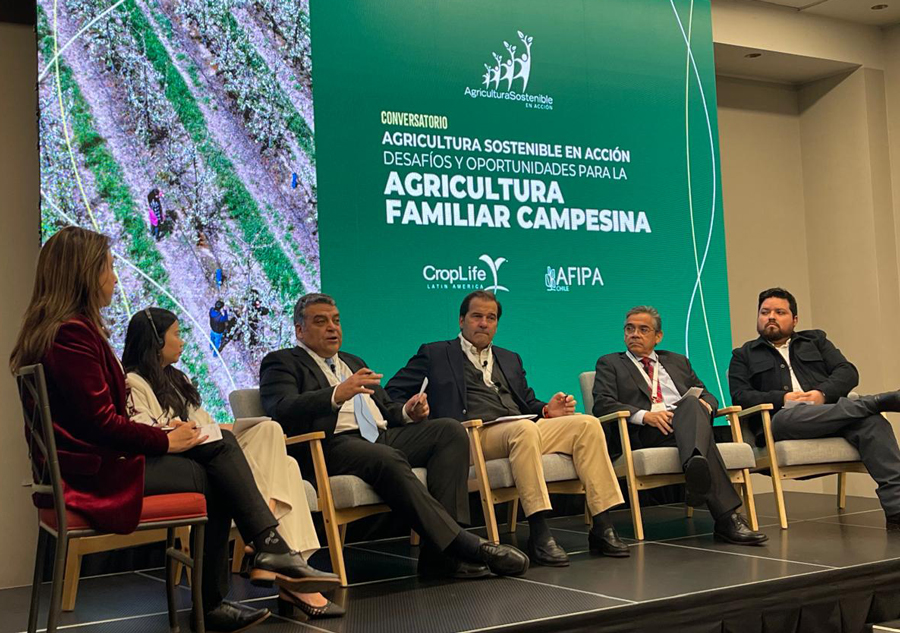November 2025
In Latin America, the crop-science industry is driving one of the most successful circular-economy initiatives in the agricultural sector: the CampoLimpio program, implemented by national associations under the leadership of CropLife Latin America.
Through this system, farmers, distributors and companies work together to collect, sort and recycle empty pesticide containers, ensuring an environmentally responsible final destination. In 2024, more than 86,700 tons of rigid plastic were recovered, 75% of which was recycled. This gives plastic a second life as new, useful and safe products such as posts, pipes and accessories for construction and agriculture.
This circular-economy model prevents plastic from accumulating in the environment, reduces the need to extract new raw materials and helps mitigate climate change by lowering greenhouse gas emissions associated with the plastic life-cycle.
In Brazil, the Campo Limpo system has prevented over one million tons of pure CO₂ from being released into the atmosphere since 2023[1]. This reduction in greenhouse gases is achieved by replacing virgin plastic, lowering the extraction of raw materials and saving both energy and water.
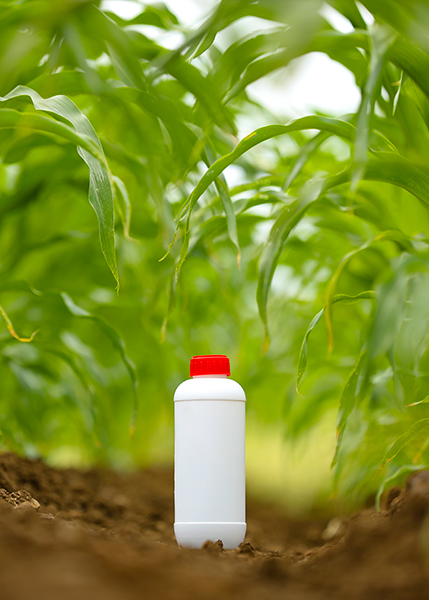
This model also promotes shared responsibility among all actors in the chain:
- Farmers actively participate by carrying out triple rinsing or pressure washing, perforating the containers, separating the caps and delivering them to the CampoLimpio collection centers.
- istributors provide information on proper disposal and, depending on the scheme in each country, help set up and operate temporary collection points and/or support the transport of collected containers to their final destination.
- Authorities support and regulate reverse-logistics schemes for containers; they can create incentives and communicate results.
- Pesticide manufacturers lead the program, seek the necessary partnerships and ensure traceability of the recovered plastic.
- Recyclers purchase the plastic and reprocess it using appropriate technologies to turn it into new products.
The CampoLimpio system shows that innovation is not limited to what happens in the field and in the crops. It is also present in the responsible management of materials, contributing to global goals for reducing plastic waste and advancing climate action.
You may be interested:
Agricultural innovation: the key to adapting to climate change and ensuring food security
Solutions that regenerate soils and capture carbon
View infographic (available only in Spanish): here
1 Reporte de Sostenibilidad 2023, InPev. https://www.sistemacampolimpo.org.br/relatorio-sustentabilidade/2023/assets/download/inpEV-RS2023-resumida.pdf








